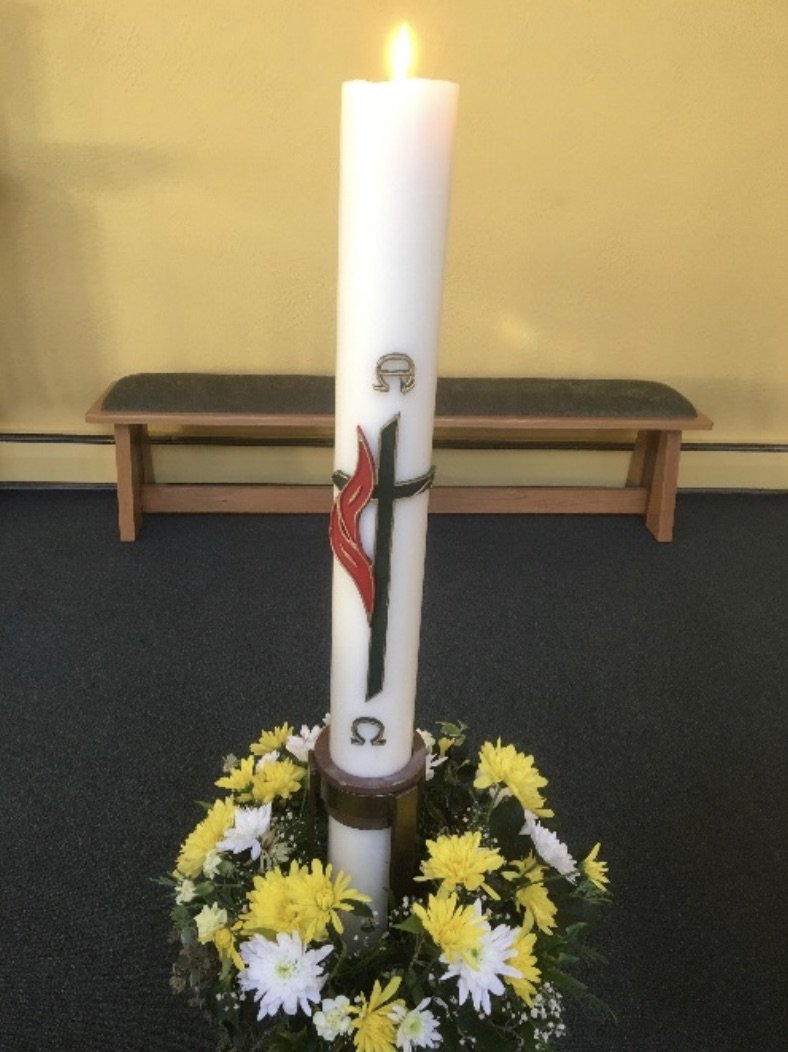Lent Readings
The Scripture readings for Lent are particularly rich and a major source of help in living a good Lent.
For some time www.whatgoodnews.org has hosted reflections on the ‘Sunday Gospels’ by Fr Adrian Graffy, parish priest, Scripture scholar, and member of the Pontifical Biblical Commission. Fr Adrian has now prepared commentaries on all the readings in the Liturgy of the Word at Mass throughout Lent, from Ash Wednesday to Good Friday. The full text of the biblical readings is taken from the Revised New Jerusalem Bible, produced in 2019 by Dom Henry Wansbrough. The commentaries on the readings are intended to assist those preparing to hear them as part of the Liturgy of the Word or to comment or preach on them. The commentaries also serve for anyone wishing to revisit the readings after Mass.
Praying the Hours
The Second Vatican Council made the Liturgy of the Hours accessible to all the Baptised. The priestly people, anointed in Baptism, pray to the Father through Jesus Christ in the Holy Spirit. In recent times new ways of praying the Hours have been given to us, through digital resources, especially valued in time of pandemic. This conversation between Fr Adrian Graffy, Sister Anne Spilberg and Fr Gerard Bradley provides a gentle introduction to this ancient Prayer of the Church, with its roots in the prayer of Jesus and in Jewish practice, and which has been given new life in our present times.
Luke: A Very Jewish Gospel - Fr Nicholas King SJ (Parts 1 & 2)
Fr Nicholas King SJ gave a live stream lecture on the subject ‘Luke: A Very Jewish Gospel’ on Saturday 22nd January 2022 from the Jesuit Centre in Farm Street, London. It was sponsored by the Catholic Biblical Association of Great Britain and the London Jesuit Centre.
www.whatgoodnews.org is delighted to offer a recording of Fr Nick’s talks. The focus was on the Jewishness of Luke in the infancy narrative as a ‘picture-gallery’ which sets the tone for our understanding of Luke-Acts. Our model for reading this text is Mary the mother of Jesus, of whom it is twice said, as we go round the picture-gallery, that ‘she was keeping these words together’ or ‘watching them’, ‘comparing them in her heart’ (Luke 2:19; 2:51).
The New Testament provides copious evidence of the celebration of the Lord’s Supper, the Eucharist, and second century writings witness to all the elements we find in the Mass of today. The priest prays: ‘May your sacrifice and mine be acceptable’, but what is being sacrificed, how and why? This study day will trace the evolution of the Mass, highlighting the teaching of the Council of Trent and of the Second Vatican Council, which renewed the liturgy and introduced vernacular language, allowing the full participation of the whole people of God. The survey will conclude with reference to the latest papal instructions on the Mass.
The event can be replayed as shown above. The recording of this event is also in the Study Days section.
Welcome to What Good News!
The Christian message is good news. That is essentially what ‘gospel’ means.
Our reaction as believers to the message of Jesus, and that of millions of people throughout the last two thousand years, has been one of gratitude.
With the apostle Paul we pray: ‘May the word of Christ in all its richness find a home in you.’ (Colossians 3:16)
Recent Events
The Cry Of Creation - A Study Day On Laudato Si’
Ashley Beck
The Cry Of The Poor - Exploring The Encyclical Fratelli Tutti
Ashley Beck
The Culture of Encounter: Can Pope Francis’ vision of fraternity counter the politicization of faith?
Austen Ivereigh
What is Man? A Journey through Biblical Anthropology
Nuria Calduch-Benages
Learning from Covid: church, state and a better future
Gemma Simmonds
Study Days
These are the most recent study days:
Faith Talks
Recent shorter talks:





















